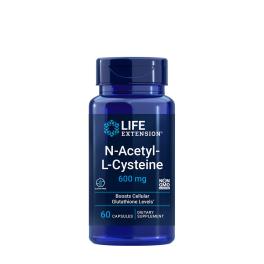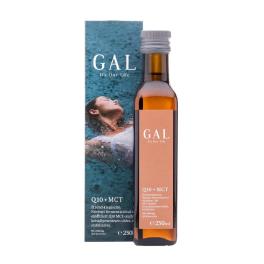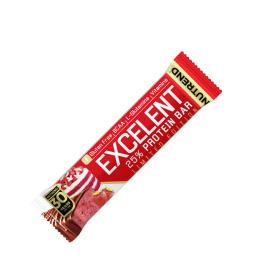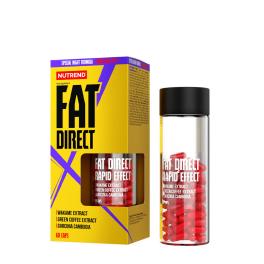10 simple tips for permanent weight loss
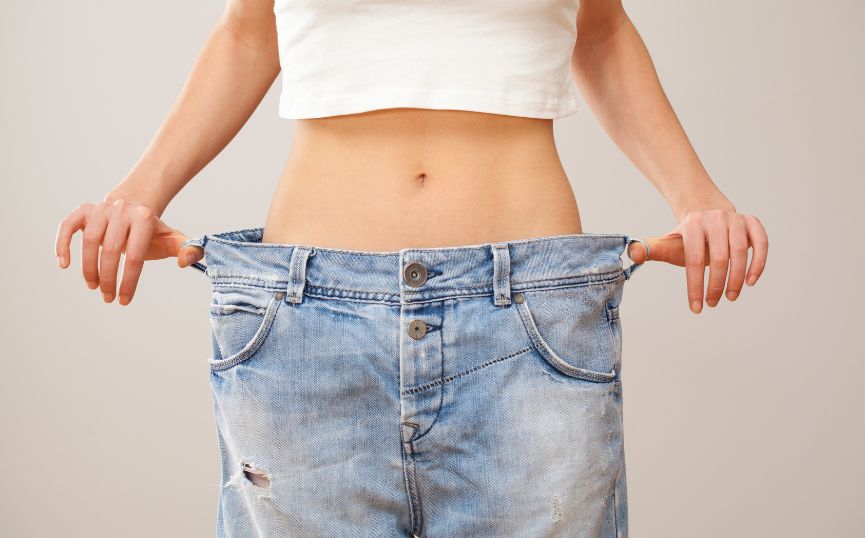
What if we don’t have a routine? If we go from diet to diet, it will never be a lifestyle change. In such cases, the achievement of goals is followed by a fleeting state and without a proper plan, it is easy to fall into the „yoyo-effect”.
What if we feel that getting back on track is more difficult than we think? Have you become overindulged; overfed; and no longer feel like returning to a monotonous diet? That’s because you were too hard on yourself before. That means you’ve been ’dieting’. To achieve lasting results, dieting is not enough, you need to change your attitude towards food and portions.
In today’s article, we look at how to make your diet adherence sustainable? In other words, how can you achieve a goal (weight loss and/or shape loss) that you can maintain years later?
Attention! Here are practical tips for sustainable weight loss that do not require drastic dieting.
First and foremost: don’t think short term!
January panic can make you rush the process and this is where people make the biggest mistake! Rather than embarking on some drastic diet, start slowly making some changes to your routine and it can really be anything that helps you achieve that calorie deficit.
Before you introduce a new lifestyle change, think about whether you could stick to that principle of eating 80% of your meals without a problem, even for many years? If the answer is yes, then start building it into your routine or shape of your life around it!
2. No two recommendations are the same, so don’t follow one!
A diet that worked for Steve may not work for you! To understand the weight loss process, we need to understand how our body works?
The body does not discriminate between sources of calories and the timing of meals does not matter as much as how much you eat. I could say that no matter what diet you follow, if you develop a calorie deficit, you will lose weight, but what is a calorie deficit?
A calorie deficit is a state of energy deficit – that is, you take in less energy at LONG RUN that your body needs. This can be explained by Newton’s conservation of energy – that is, energy cannot disappear in a closed system, it can only be transformed.1 In this respect, our body is a closed system, so if you put more energy in, it will not magically disappear. There is what is called a dissipation of energy-gathering processes, where there is a specific leakage of energy. This just refers to how efficiently a particular energy-absorbing process is working and how much energy your body needs to perform certain activities. This is where the difference between people with „slow and fast metabolisms” comes in. So some people use more energy to do the same activities – they are the ’fast metabolisers’ and some people use less energy – they are the ’slow metabolisers’.
This means that if you eat more, it will be stored (in the form of protein, glycogen and fat) and if you eat less, your body will draw on its stores to meet its daily energy needs. What specifically makes up your daily calorie requirements?
A day’s energy expediture is made up of the resting metabolic rate and the energy burned during exercise. Resting metabolic rate is most influenced by your muscle mass, height, weight and gender, but as we have seen before: it can be different between two people with the same parameters. There can also be extreme degrees of variation. Think of the „hard gainers” who find it very difficult to build muscle.
You can use interner calculators to work out your resting metabolic rate in general, which can give you a basis for how many calories to adjust your diet to. Of course, the calorie demand from exercise is also added to this – to quantify the calories burned by exercise, it’s worth using a smartwatch. Once again, these figures are for information only. Start with this, eat this way and check the results weekly.
Give your body a month to adjust and only then start fine-tuning.
To lose 0.5 kg per week you need a 500 kcal deficit per day, to lose 1 kg per week you need a 1000 kcal deficit per day. It is important not to go below the 1000 kcal deficit. Not for health reasons and for lasting results.
That’s why, in terms of weight loss alone – and I stress weight loss, not maintenance and health – it doesn’t matter what you eat. If you go into an energy deficit thinking in weeks, you will lose weight. Suppose you eat 1000 calories of chocolate and nothing else, but you burn 1500. Keep this „routine” for 1 month and you will lose weight. You won’t get healthier, but you will get thinner!
So you get the point? Let’s not get drastic. Eat what and when it’s good for you. The point is to create a state of low energy day after day, until you reach your goal.
3. Without protein, your body will burn muscle and weight loss will not be optimal.
So the number and time of meals per day is not the top priority, nor the quality of the food, but the quantity! This is followed by high protein intake.
Why? Think about what happens if we don’t get enough of something? In the absence of raw materials, the body uses up its reserves. And if there is no protein, it will not make up for it from fat, because it is ’expensive’ to convert it into protein. It will use the protein content of muscle fibres.
So consume 1.5 grams*kg of protein per day. You may not need more than this, but less will not only be inefficient, but may also be detrimental to your general well-being.
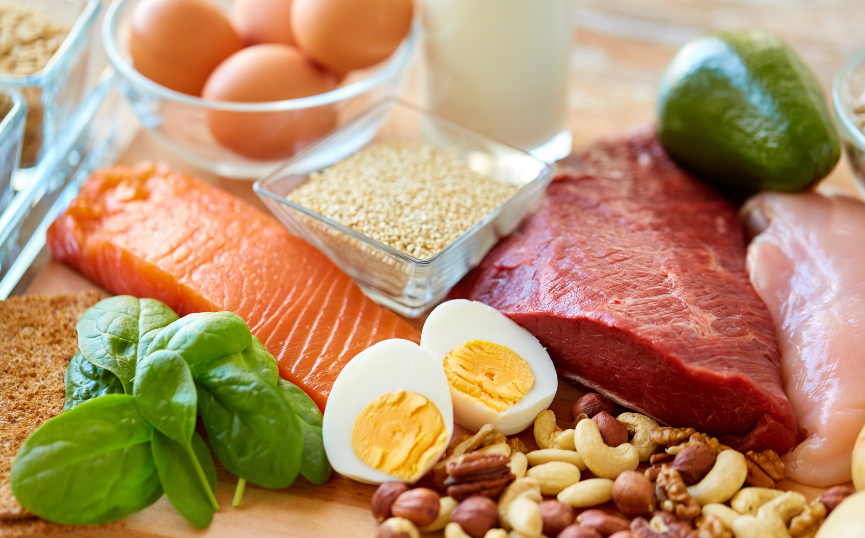
4. Eat plenty of low-calorie food to fill you up!
It’s true that there’s no difference between calories and calories, but there are some incredibly calorie-dense foods and some extremely low-calorie foods. The reason why it is worth choosing 80% quality foods is that they tend to be the strongest in the low energy food camp.
To illustrate: 100 grams of cucumber: 30 kcal, 100 grams of chocolate almost 600 kcal. If you follow a daily diet of 1800 kcal, you can eat 3 bars of chocolate. Or 5 kg of cucumbers!!! The difference is gross, isn’t it?
5. If you don’t count you don’t know how much you’re eating!
We’ve come to the important factor where many people fail. That is, many people don’t quantify calories and protein intake. Buy a kitchen scal and track your calories from food with a dedicated app like MyFitnesspal, Yazio etc.
This is critical because it will help you know which foods have what energy and protein content. You also realise what you don’t necessarily have to give up all your favourite foods, you just need to compensate that day.
6. Learn to compensate!
Let’s say you’ve been on an 1800 kcal diet – this may need to be tweaked depending on the results .- and you’ve started to stick to it. You keep it up for two weeks, then you slip and have a 2800 kcal day. What does an experienced person do?
Over the next 5 days you cut it down to 1600 kcal and surprise, surprise, you’re right back where you were! Your body doesn’t distinguish between calories taken in at once and calories taken in gradually. Sure, if you overdo it for a day or two you may feel it, but at the end of the compensation you’ll be back to where you were before and it’s no more efficient than cutting back on everything.
So cheat and compensate well! Compensate in moderation too, because overeating or fasting after overeating is not good. It’s not good from a health point of view either, and you’re more likely to fall into the ’yo-yo effect’, which is very hard to get out of. The ’yo-yo effect’ is a black hole that can make it very difficult to achieve your goals.
7. It's important to cheat, because that's how you can persevere in the long run!
Well-timed bait meals will help to regenerate your nervous system. Anyone who’s dieted that hard knows how hard it is to give up favourite foods. We say you don’t have to give up everything!
Eat right 80% of the time, i.e. eat foods that are low in sugar, high in fibre, have an excellent protein source and fat profile, and then give in to the treats 20% of the time (sneak in a burger or have a cookie, etc.). In order to maintain good health, it is important to avoid chips, snack soups, etc. containing sodium glutamate, and to avoid foods containing trans fats! So chips, gummy sweets and poor quality chocolates are no-go. In addition, anything can go in a cheat day! From home cooked scrambled eggs, to burgers sold at quality places, to chimney cake and pancake combos, anything!
You can choose to eat enough of them to stay within your calories, or overindulge and compensate.
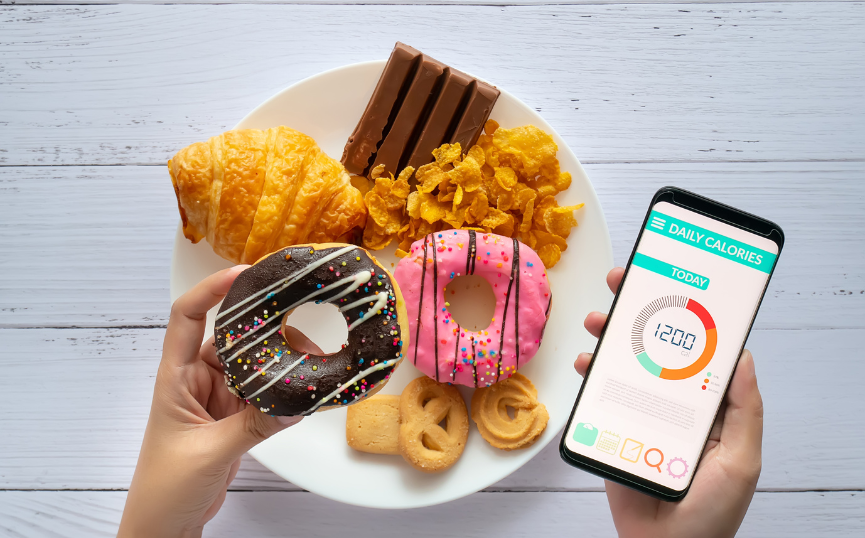
8. A healthy way to compensate
Highly qualified experts stress the importance and benefits of fasting. Fasting can „rest” the digestive system and can be super healthy! The benefits of fasting are most pronounced after 4pm, when glycogen stores are depleted, but a 16:8 fast is a super compensatory tool. Because it’s presumably easier to stick to your energy goal in 8-hour intervals than if you eat all day.
Eating 16:8, 20:4 or once a day and can be compatible with a long-term diet. Why?
Because many people live hectic lives in today’s world and it can be easier not to eat rather than think about or prepare for what to eat at work. So, If you’re like the writer of this article, it’s easier for them not to eat at work or just pop in a protein shake than to bother with a meal prep in the morning, try intermittment fasting.
It’s not evil to skip breakfast, and it’s especially not evil to skip dinner! What works for each person. The point is to adapt your diet to the rhythm of your life. Although fasting is to adapt your diet to the rhythm of your life. Although fasting can be done to extremes, which again is not healthy. So, don’t tell me that you don’t eat at a gathering because „the 16-hour fast hasn’t ended yet”!
9. If you can’t get enough protein, use a supplement!
The 1.5 grams*kg of protein intake mentioned at the beginning of this article can be a difficult task for many people. High protein supplements can make this easier.
Select from Vitamin360’s range of protein supplements! Our range includes:
- Whey proteins
- Vegan protein powders
- Beef protein
- Protein bars
- Protein fortified foods
- Aminoacids, which can refresh you before/after training and help prevent muscle breakdown.
10. Weight loss supplements only work if you are in a calorie deficit!
At Vitamin360, we’re not advocates of thermogenic fat burners – leave those to the competitive bodybuilder - because a large percentage of people are caffeine addicts. And these thermogenic fat burners work by being high in caffeine. So you can overdose on caffeine very quickly. This can lead to cardiovascular problems.2
Use non-stimultant fat burners instead. We at Vitamin360 recommend the following 3 fat burners:
- Acetyl-l-carnitine3-5: the benchmark for fat loss. L-carnitine is a cofactor in fat breakdown, so its use as a dietary supplement can improve fat metabolism. As acetyl-l-carnitine, it is better utilized and can cross the blood-brain barrier, thus benefiting the brain-muscle connection. So it can also have minimal ergogenic – performance-enhancing – effects.
- GAL Q10 + MCT Oil6-7: the best supplement for low carbohydrate diets. MCT oil – slightly similar to l-carnitine, but still different – helps fat breakdown. And the added coenzyme Q10 makes energy production more efficient, so it also has ergogenic – performance-enhancing -effects.
- Glucomannan fibre8: all types of fibre can support weight loss as they absorb water and, because they are indigestible by the stomach, they do not contain energy, they just take up space from energy-dense foods. This increases the feeling of fullness and is good for the digestive system. Because our digestive system doesn’t break them down, but the beneficial bacteria in the gut do, so the fibre feeds them. Because of its water-binding properties, it is important that it is combined with an increased water intake, otherwise a higher fibre intake may cause constipation.
- https://hu.wikipedia.org/wiki/Energiamegmarad%C3%A1s
- Willson C. The clinical toxicology of caffeine: A review and case study. Toxicol Rep. 2018 Nov 3;5:1140-1152. doi: 10.1016/j.toxrep.2018.11.002. PMID: 30505695; PMCID: PMC6247400.
- Talenezhad N, Mohammadi M, Ramezani-Jolfaie N, Mozaffari-Khosravi H, Salehi-Abargouei A. Effects of l-carnitine supplementation on weight loss and body composition: A systematic review and meta-analysis of 37 randomized controlled clinical trials with dose-response analysis. Clin Nutr ESPEN. 2020 Jun;37:9-23. doi: 10.1016/j.clnesp.2020.03.008. Epub 2020 Apr 18. PMID: 32359762.
- https://www.sciencedirect.com/science/article/abs/pii/S0765159716000320
- https://www.sciencedirect.com/topics/neuroscience/acetylcarnitine
- Gökbel H, Gül I, Belviranl M, Okudan N. The effects of coenzyme Q10 supplementation on performance during repeated bouts of supramaximal exercise in sedentary men. J Strength Cond Res. 2010 Jan;24(1):97-102. doi: 10.1519/JSC.0b013e3181a61a50. PMID: 19644406.
- Lin TY, Liu HW, Hung TM. The Ketogenic Effect of Medium-Chain Triacylglycerides. Front Nutr. 2021 Nov 18;8:747284. doi: 10.3389/fnut.2021.747284. PMID: 34888335; PMCID: PMC8650700.
- Keithley J, Swanson B. Glucomannan and obesity: a critical review. Altern Ther Health Med. 2005 Nov-Dec;11(6):30-4. PMID: 16320857.


